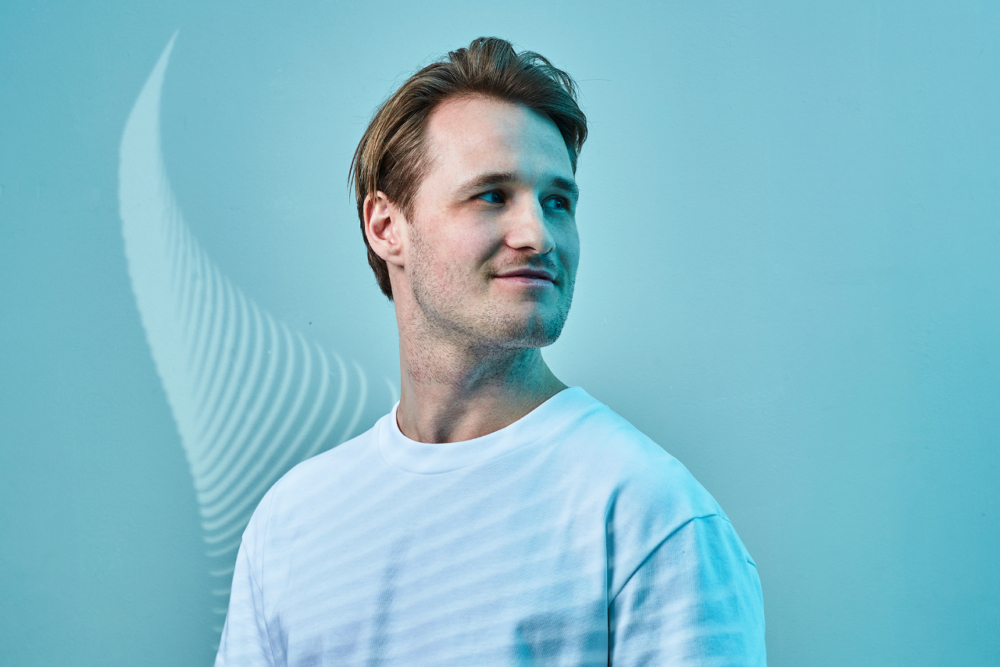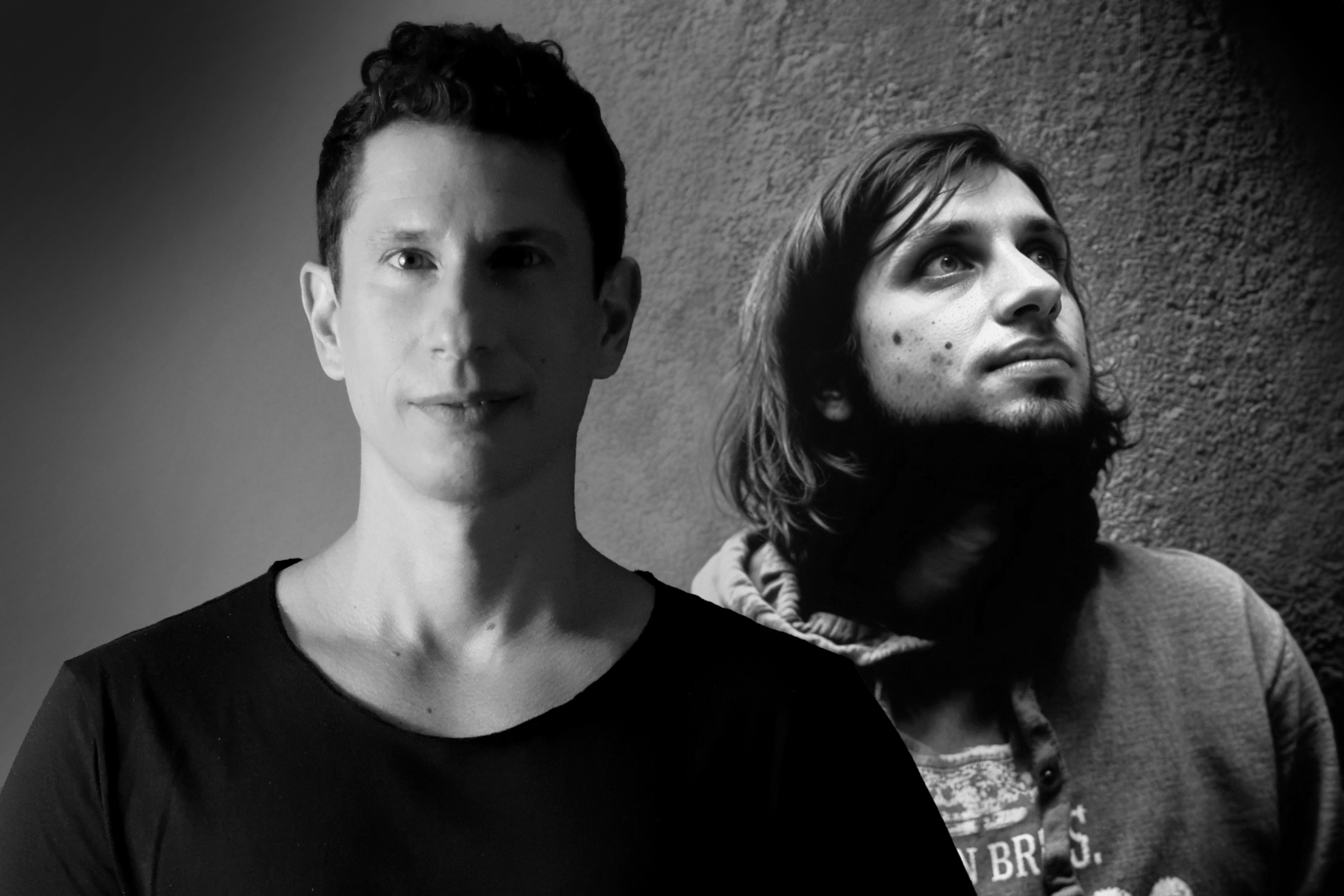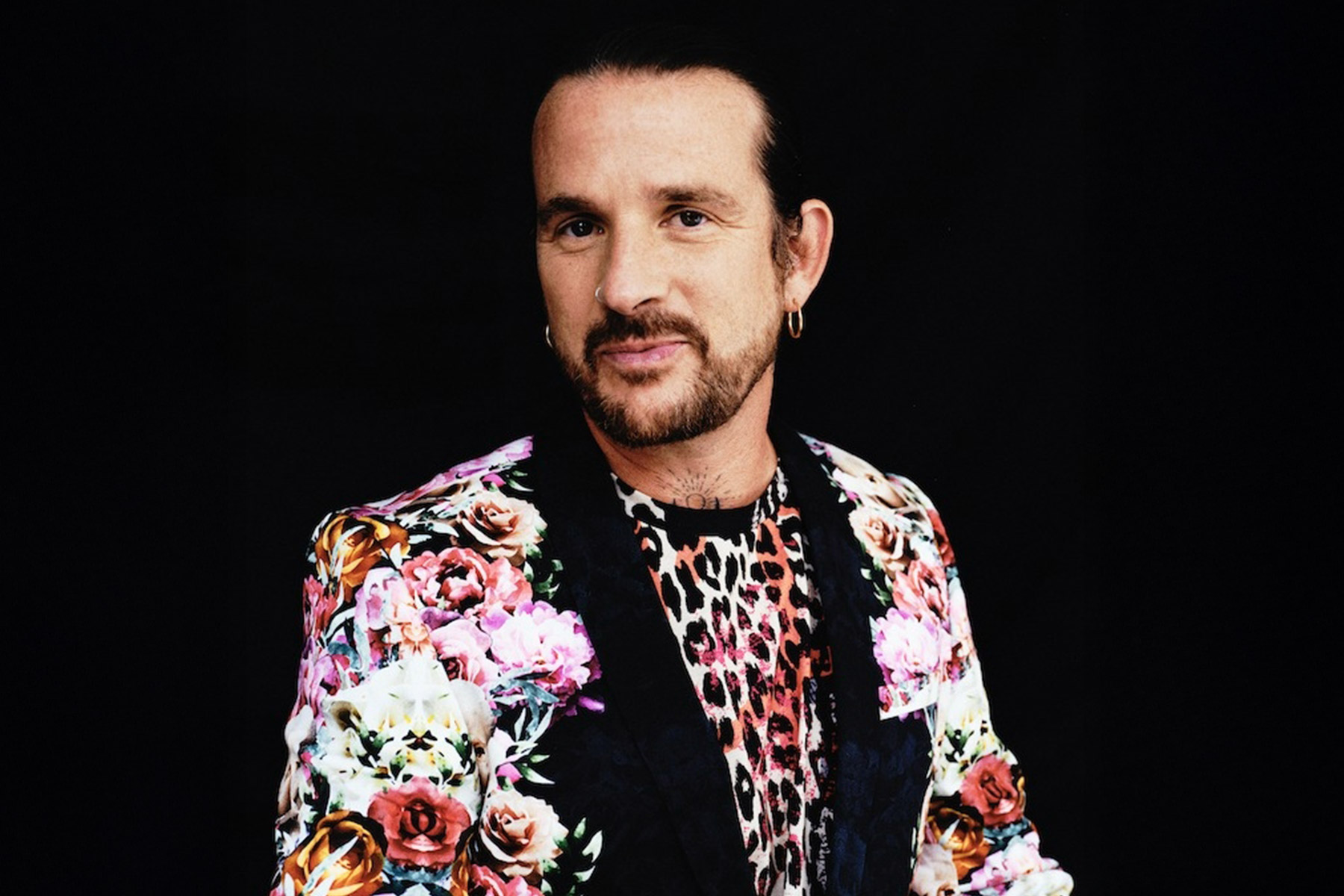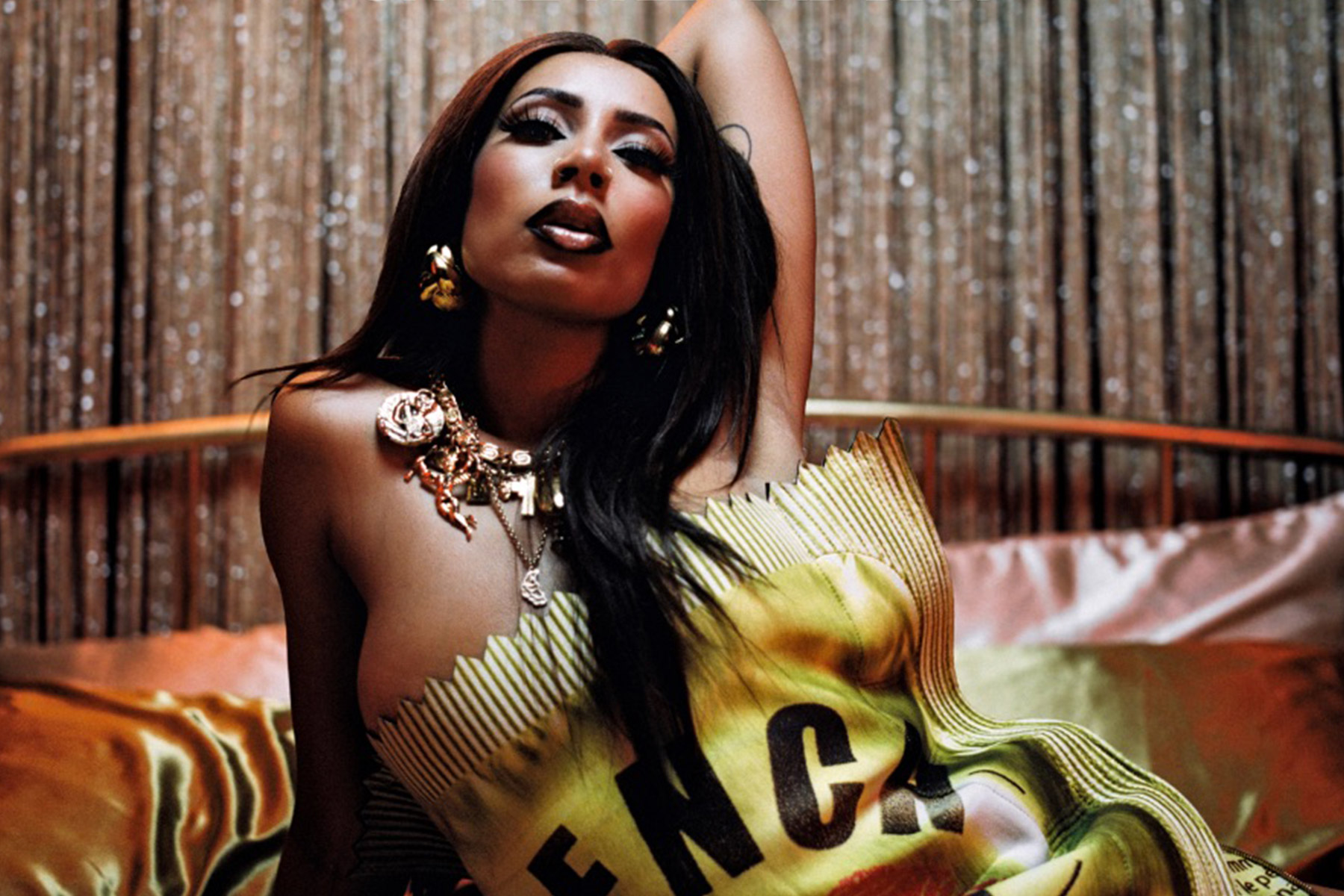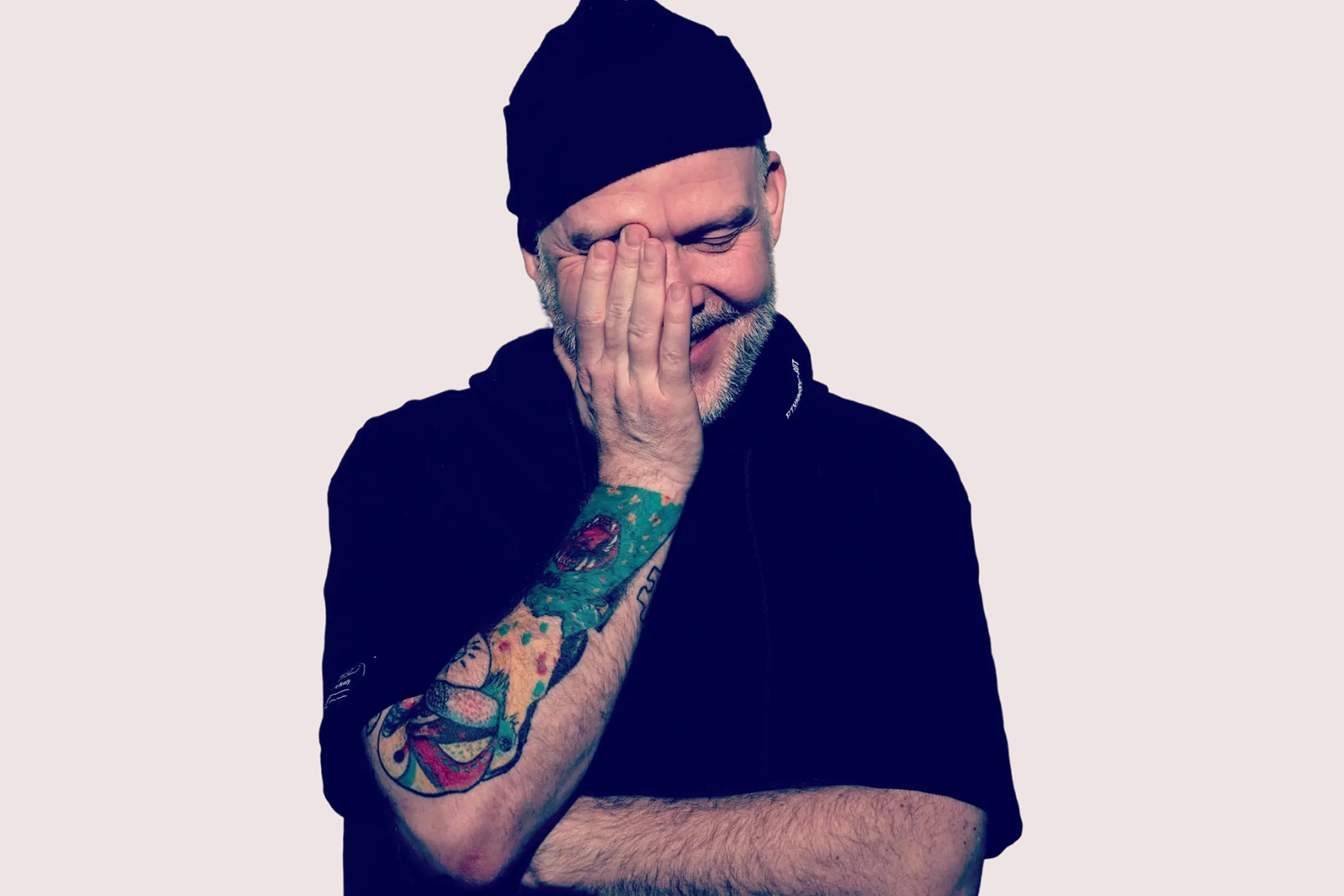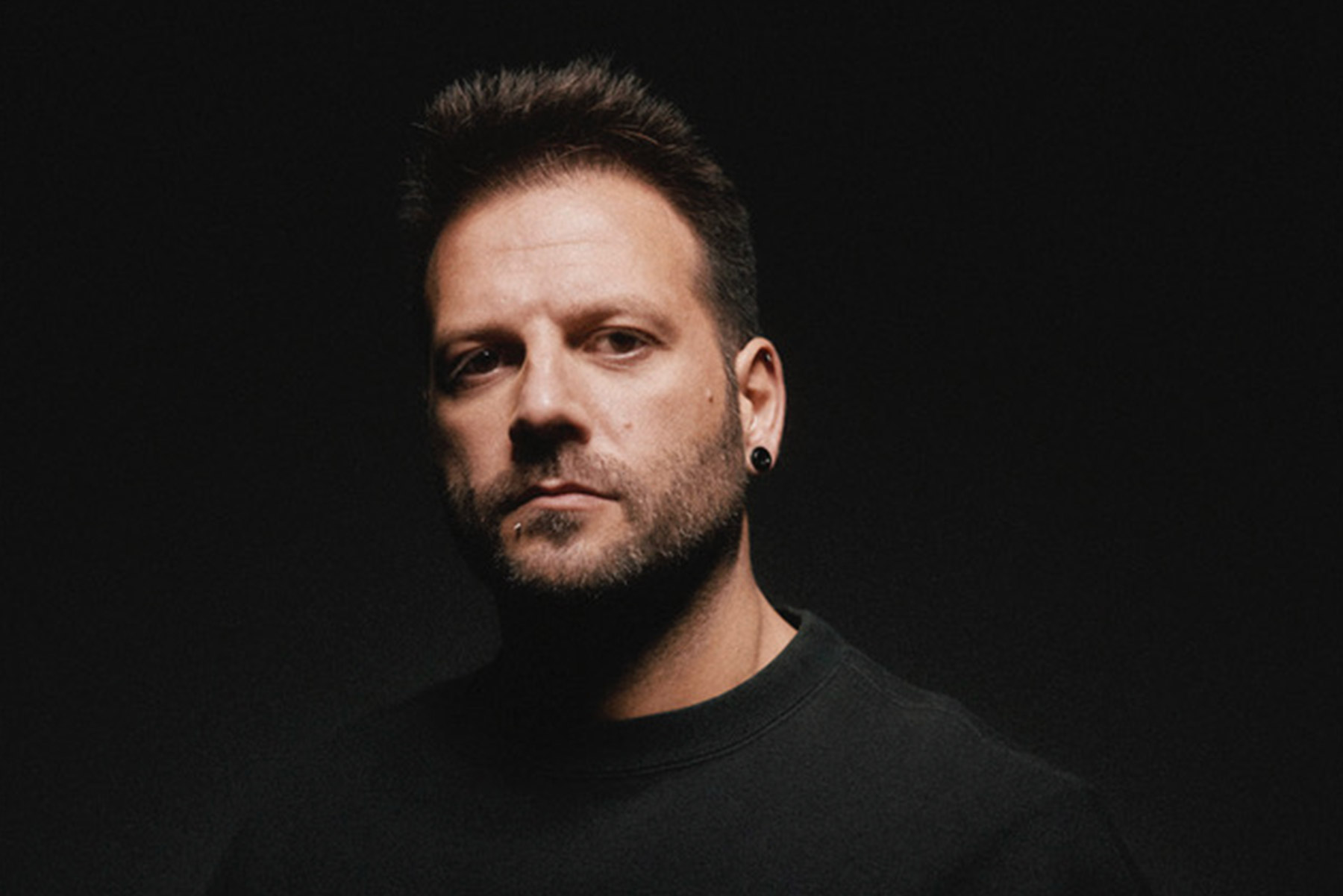Dominique Vijverberg, better known as Deeparture, is a DJ and producer from Amsterdam who has been steadily building a reputation for exquisitely crafted and well-programmed melodic house and progressive techno, with a global fanbase upwards of 100k monthly listeners on Spotify.
Photo Credit: Deeparture – Official
His musical style can be described as uplifting, extravert, melodic, and climax-driven: a true blend of the emotional and rhythmic content of progressive house, combined with high-energy buildups and basslines found in techier styles. Previous releases have come on Anjuna, Armada, This Never Happened, Running Clouds, and others, and he now makes his Odd One Out debut in collaboration with ALLKNIGHT.
To celebrate the release of Deeparture & ALLKNIGHT’s ‘Catch Me If You Can’, Dominique Vijverberg invites EG into the studio for five essential tips:
1. Put the hours into your craft
This one is obvious, but by far the most important one if you ask me. Especially inexperienced producers are often looking for the secrets to having great-sounding music. They spend hours creating the perfect studio acoustics, getting the perfect speakers, placing their acoustic treatment optimally, or scanning the internet for weeks to find those perfect plugins that will get their music to a more professional level. Spending too much time on this distracts from the actual art. You can make great music with minimal plugins or gear in a terrible-sounding studio. My own mixes are always a compromise between the studio, my earpods, my car speakers, and live tests on some (often bad) club speakers. Using 2 instruments you know very well will get you better results than owning 15 different ones without ever taking the time to master any of them. Unfortunately, there is no real shortcut other than getting to work. The fine details will start to matter in a later stage, organically.
2. Create your own sound palette
Building upon the previous tip, it helps with your creative flow to have some favorite samples and instruments ready that work well for you. Having to browse through 100 presets on 15 different instruments when you have an idea in mind doesn’t help the process. Being able to sketch quickly when ideas come to mind is paramount to keeping creativity flowing before you “lose it”. Also, having some favorite samples that you use more often can become a signature of your sound. You don’t have to completely reinvent the wheel at every production. This could actually be counter-productive for your identity as an artist.
3. Reference your tracks with other tracks you like
No matter how good of a studio you have (or headphones) your ears will always fool you after a few minutes as they get used to any mix, even if the balance is completely off. Starting out right will save you a lot of time fixing issues when your project is near completion. I usually just import a few tracks that I enjoy in Ableton as audio tracks, mute them by default, and lower the volume 12db (as your own project isn’t mastered yet and lacks loudness). You can constantly solo play your reference tracks in between and carefully compare if the balance is comparable. Check the drums, check the basses, check the leads, vocals, and pads. How do they compare and is the symbiosis between them in order? By doing this, it will keep your mixes balanced throughout the process, even after listening for hours in a row. If I had been less stubborn, I would have started doing this easy trick years earlier.
4. Finish your tracks but don’t get stuck to them for too long
Making a nice 30-second loop with a cool groove, some nice chords, and a cool melody is of course one of the most fun parts of the process. The real work starts when the parts are there and you need to arrange everything into a full track and create a solid mixdown and put those final touches, effects, smooth transitions, everything that makes your track an organic feeling whole. “Work” is exactly what that sometimes can feel like and the sooner you start getting into a rhythm of finishing your tracks fully, the better. Otherwise, you’re stuck with a thousand concepts and ideas but never learning “the full cycle”, which is just as important. However, finish your tracks but don’t get stuck to them for too long with endless tweaking if it doesn’t feel right. Your time is better spent taking your learnings and moving on to the next project.
5. Don’t burden your creativity with financial distress
This final tip might be a bit controversial and not everyone might agree. I would always recommend getting an income next to music as long as you’re not able to live off it full-time (or even if you already could to some degree). Sure, there is a romantic component to couch surfing with your friends and family and living on the bare minimum before having that breakthrough moment and making it big time. However, in most cases, life works out differently. Having some financial stability next to your music will protect your mental health and keep your time in the studio joyful. You will not be in the studio thinking about what kind of money a track needs to make, what you think the market/audience wants to hear, or how to get by next month if your music doesn’t get you more DJ bookings. It will keep your art honest and coming from a place of joy, rather than a place of stress and uncertainty. Having said that, there is of course nothing wrong with taking inspiration from a sound that is currently popular. Finally, working a few days a week on regular hours will also help you keep a stable rhythm of being productive, having an obligation and responsibility that gets you out of bed in the morning at a reasonable time and that stimulates you intellectually.

Deeparture & ALLKNIGHT’s ‘Catch Me If You Can’ is out now via Odd One Out. Purchase your copy here.
Follow Deeparture: Soundcloud | Facebook | Instagram | Spotify

